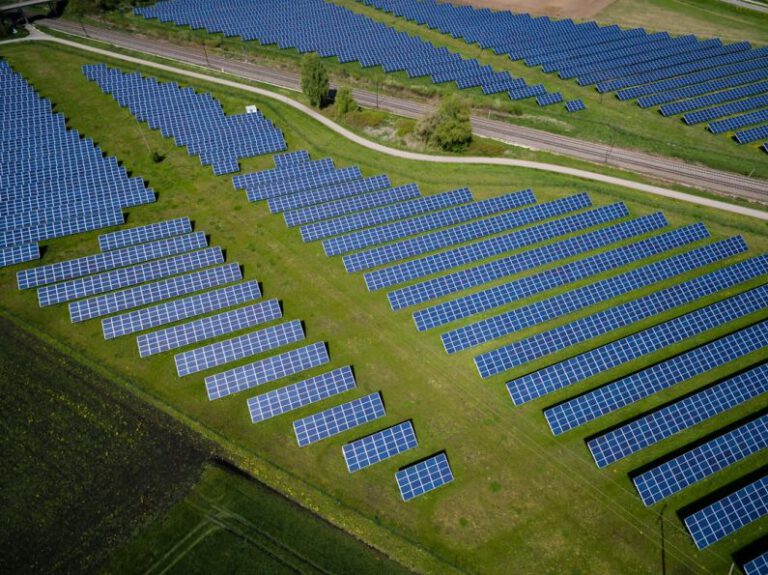Electric Vehicles and the Future of Transportation
Electric vehicles (EVs) have been gaining momentum in recent years as a promising solution to reduce greenhouse gas emissions and combat climate change. With advancements in technology and growing concerns over environmental issues, EVs are becoming a popular choice for consumers and policymakers alike. The shift towards electric vehicles is not just a trend but a significant step towards creating a more sustainable future for transportation.
The Rise of Electric Vehicles
In the past, electric vehicles were often seen as a niche market with limited options and high costs. However, with the advancement of battery technology and the push for cleaner energy sources, EVs have become more accessible and practical for everyday use. Major automakers are investing heavily in electric vehicle development, with Tesla leading the way in innovation and market share. The availability of charging infrastructure has also improved significantly, making it easier for EV owners to recharge their vehicles on the go.
Environmental Benefits of Electric Vehicles
One of the most significant advantages of electric vehicles is their environmental impact. Unlike traditional gasoline-powered vehicles, EVs produce zero tailpipe emissions, reducing air pollution and improving air quality in urban areas. By transitioning to electric vehicles, we can significantly reduce our dependence on fossil fuels and lower our carbon footprint. This shift towards cleaner transportation is crucial in mitigating the effects of climate change and creating a more sustainable future for generations to come.
Cost Savings and Efficiency
While the initial cost of purchasing an electric vehicle may be higher than a conventional car, EV owners can save money in the long run. Electric vehicles have lower operating costs due to the lower cost of electricity compared to gasoline. Additionally, EVs require less maintenance since they have fewer moving parts that can wear out over time. With government incentives and tax credits for EV buyers, the overall cost of owning an electric vehicle is becoming more affordable for consumers.
Challenges and Opportunities
Despite the many benefits of electric vehicles, there are still challenges that need to be addressed to accelerate their adoption. Range anxiety, or the fear of running out of battery power, remains a concern for some consumers, especially for those who travel long distances frequently. Improving battery technology and expanding charging infrastructure are crucial steps in overcoming this barrier to widespread EV adoption. Additionally, the availability of fast-charging stations can help alleviate range anxiety and make electric vehicles more convenient for everyday use.
The Future of Transportation
As technology continues to advance and awareness of environmental issues grows, electric vehicles are poised to play a significant role in the future of transportation. With the development of autonomous driving technology, electric vehicles can become even more efficient and safer on the roads. The integration of renewable energy sources, such as solar and wind power, can further reduce the environmental impact of electric vehicles and create a more sustainable transportation system.
In conclusion, electric vehicles are not just a passing fad but a transformative force in the automotive industry. With their environmental benefits, cost savings, and potential for innovation, EVs are shaping the future of transportation towards a more sustainable and efficient model. By embracing electric vehicles, we can pave the way for a greener and cleaner future for generations to come.






